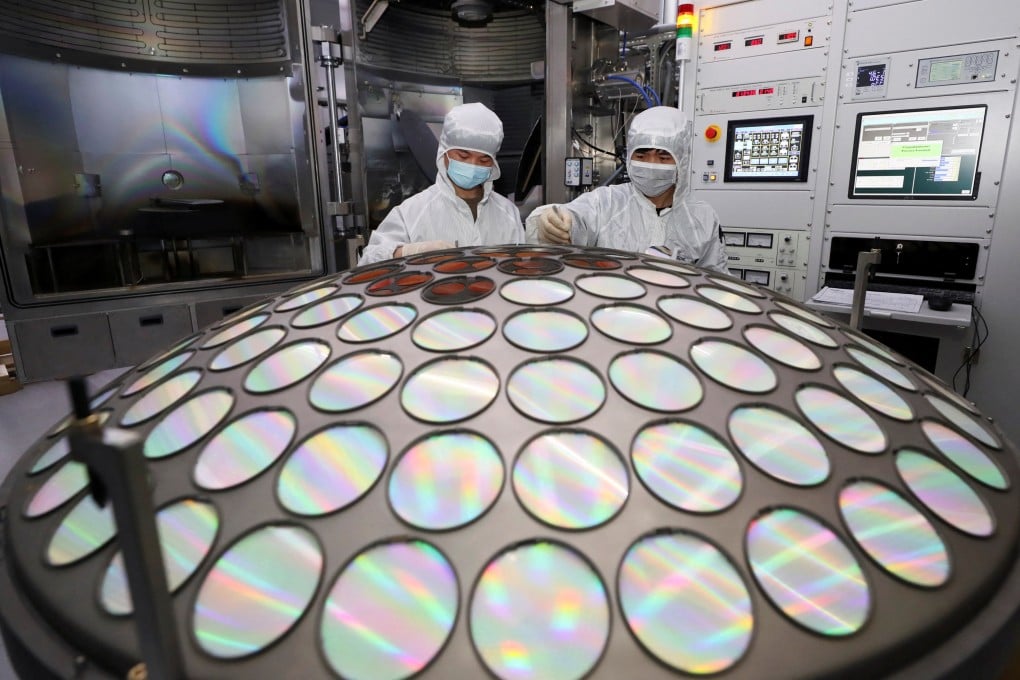Advertisement
The View | US chip ban: America must beware of backing China into a corner
- The more the US races to choke off China’s access to semiconductors, the greater the risks of alienating allies and forcing Beijing – the world’s biggest chip customer and supplier of critical rare earths – to retaliate
Reading Time:4 minutes
Why you can trust SCMP
23

The Chips and Science Act, a bipartisan bill signed into law in August, was hailed as a “Sputnik moment” for America and a turning point in the global semiconductor race. Injecting billions of dollars into the domestic chip industry, it seemed to mark a new chapter of “running faster” than China, instead of “slowing it down”.
But Washington’s recent actions tell a different story: the Biden administration is not only still focused on crippling China’s chip-making abilities, but also taking unprecedented measures to do so.
Its most recent move – a sweeping set of export controls – includes measures to cut China off from certain semiconductor chips made anywhere in the world with US tools. While drastic, it is just the latest in a growing cascade of restrictions that have attempted to thwart China’s access to chipmaking equipment, electronic design automation (EDA) software, and chips themselves.
Advertisement
Whether these moves were prompted by concerns over national security or a desire to stay ahead of China in the semiconductor space, the consensus in Washington seems to be that the United States needs to continue down the path of ever-increasing restrictions.
While this strategy is effective in the short and medium term, it poses inherent trade-offs in the long run: the more it races to choke off China’s semiconductor sector, the more difficult it will be for the US to get its allies on board, diminishing the effectiveness of any unilateral policy, and making it likelier that China retaliates.
For its export controls to be effective, the US needs to ensure its allies are on board. In 2020, for example, Trump added Semiconductor Manufacturing International Corp (SMIC), China’s largest chip maker, to the so-called entity list, cutting it off from the American technology it needed to make its products. But tools kept flowing to the Chinese firm, because foreign companies started to fill the hole left by Americans.
Advertisement
Select Voice
Choose your listening speed
Get through articles 2x faster
1.25x
250 WPM
Slow
Average
Fast
1.25x
